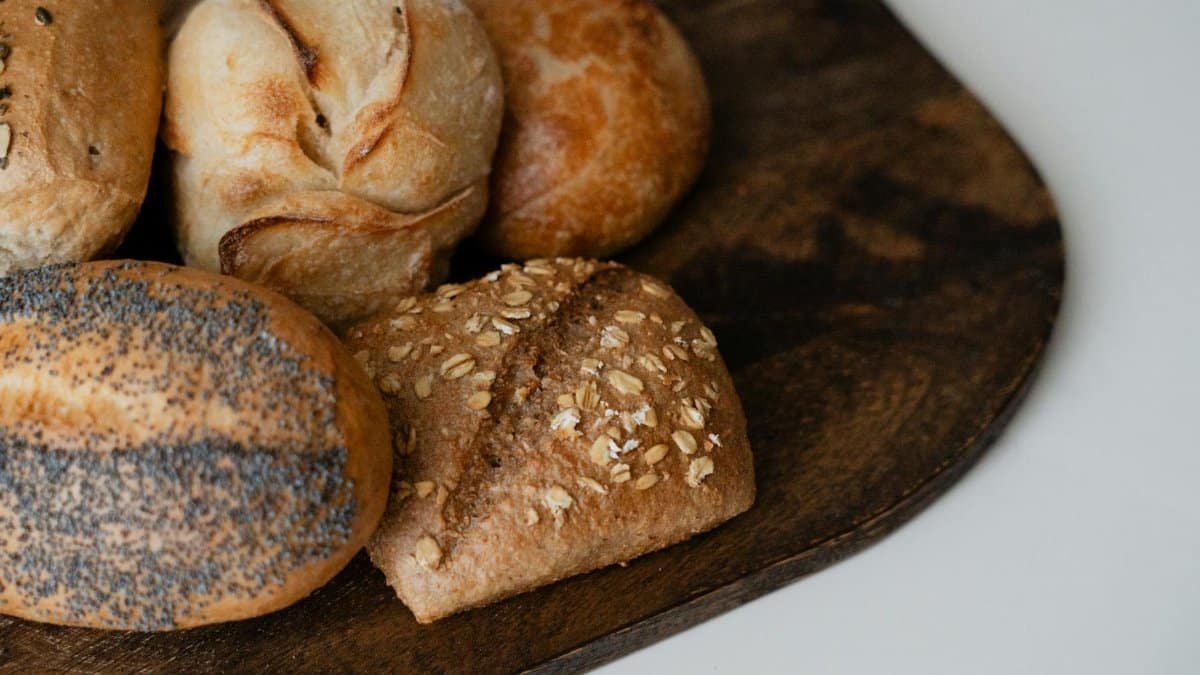Is wellness in a busy life really achievable, or just another unattainable trend? For millions of Americans juggling packed schedules, the idea of self-care often feels like a luxury. Yet, small, practical shifts can make a difference. Embracing wellness habits for a busy life doesn’t require hours of free time—it’s about smart, intentional choices. With stress levels climbing—over 70% of U.S. adults report feeling overwhelmed, according to the American Psychological Association —finding manageable ways to prioritize health is more critical than ever.
1. Start with Micro-Mindfulness

Meditation doesn’t mean sitting cross-legged for an hour. Busy folks can practice mindfulness in just 1-2 minutes. Take deep breaths while waiting for coffee or focus on your surroundings during a commute. Studies from NCBI show even brief mindfulness reduces stress hormones. It’s a quick reset for a chaotic day.
2. Hydrate on Autopilot

Dehydration saps energy, but who has time to track water intake? Keep a reusable bottle at your desk or in your bag. Set a reminder on your phone to sip every hour. It’s a no-effort habit that boosts focus and fights fatigue, especially when you’re running on empty.
3. Move for Five

Forget hour-long gym sessions. Five minutes of movement—stretching at your desk, a quick walk during a break—gets blood flowing. The CDC notes that even short bursts of activity improve mood and heart health. No gear, no excuses. Just move.
4. Batch Your Meals

Cooking daily is a pipe dream for most. Instead, prep simple meals for the week on a single day. Think overnight oats or grilled chicken with veggies. It saves time and curbs the temptation to order takeout, keeping nutrition on track.
5. Set a Hard Stop for Work

Work creep is real—emails at midnight, tasks bleeding into family time. Set a firm cutoff, like 7 p.m., and stick to it. Disconnecting protects mental health, a key piece of wellness habits for a busy life. Your brain needs the break.
6. Prioritize Sleep Over Screens

Scrolling before bed kills rest. Commit to 7-8 hours of sleep by cutting screen time 30 minutes before lights out. Poor sleep fuels stress and bad decisions. Make your bedroom a no-phone zone to reclaim those precious hours.
7. Lean on Quick Stress Busters

Stress hits hard when you’re slammed. Keep a go-to tactic, like a 30-second breathing exercise or a stress ball at your desk. These micro-interventions stop anxiety from spiraling, letting you refocus fast.
8. Stack Habits for Efficiency

Pair wellness with routines you already have. Listen to a health podcast while commuting or do calf raises while brushing your teeth. Stacking habits builds consistency without carving out extra time—perfect for packed 2025 schedules.
9. Say No Without Guilt

Overcommitting drains energy. Protect your wellness by declining non-essential tasks or events. It’s not selfish—it’s survival. Setting boundaries ensures you’ve got the bandwidth for what truly matters, from health to relationships.
